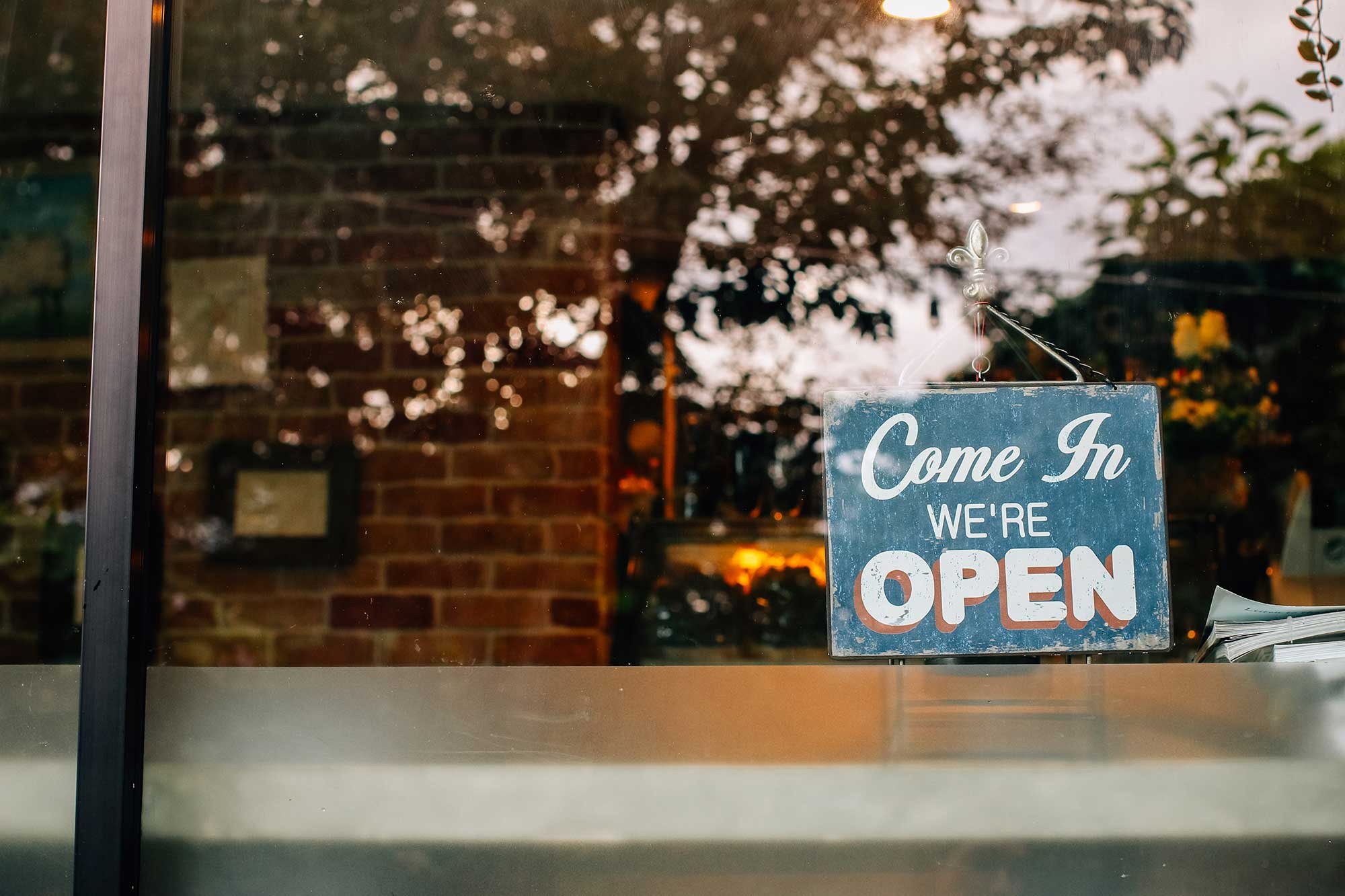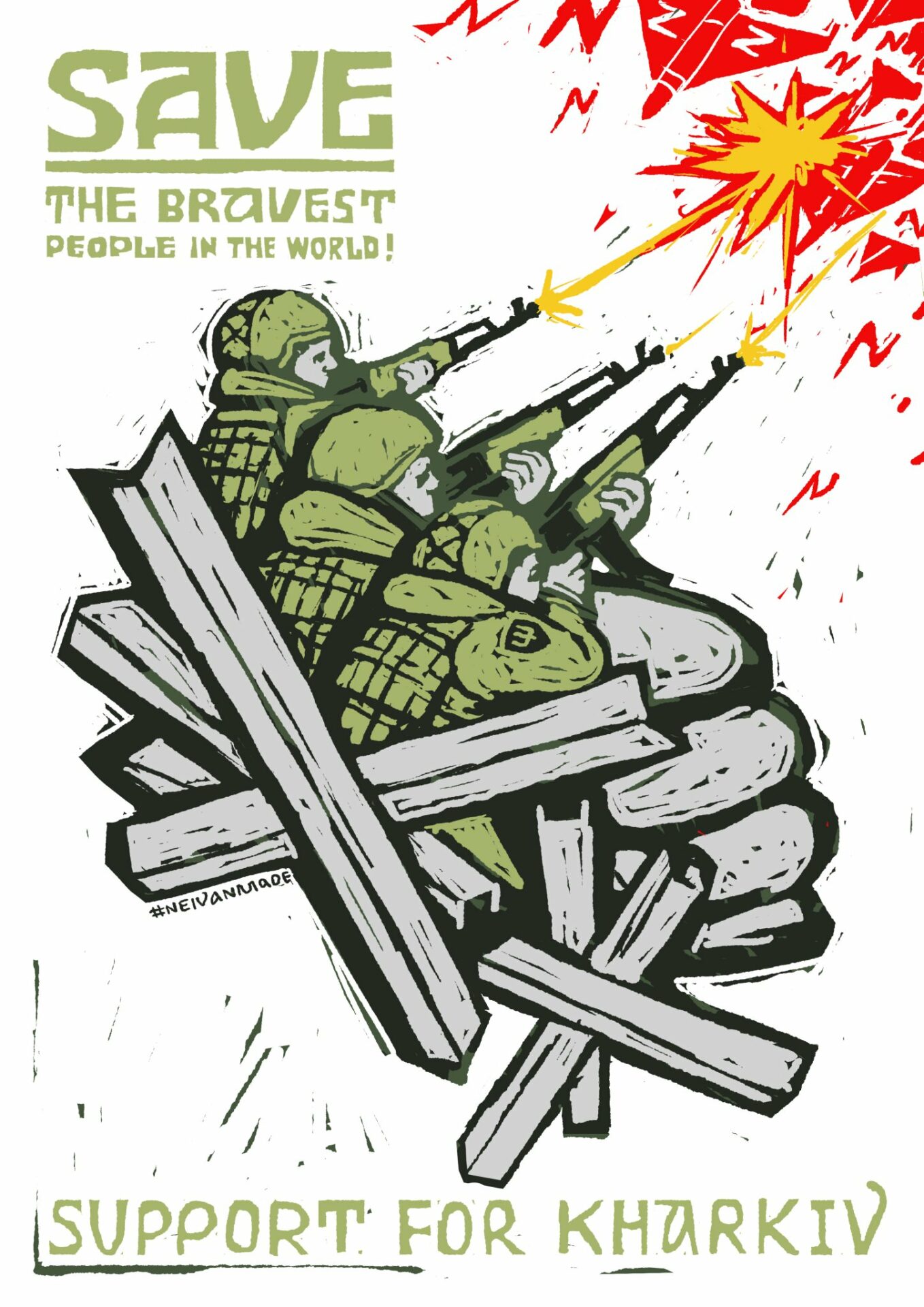Opinion | The Epstein Conspiracy is the Horror Story of Our Age
The conspiracy theory captures our anxieties about how power really works, but the boring version might say more.
go.shr.lc/40wx1co— Anne Grete (GoogeliArt) 🦋💙PD (@googeliart.bsky.social) July 25, 2025 at 7:58 AM
Dan Brooks, at Politico — “The Epstein Conspiracy Is the Horror Story of Our Age”:
… As a vehicle for our worst fears about the 21st-century United States, Epstein is our Dracula. You are probably familiar with Count Dracula, the blood-drinking aristocrat with a taste for virgins who is vulnerable only to holy water and garlic. Bram Stoker’s Dracula was published in the United Kingdom in 1897, but the vampire legends on which it was based emerged centuries earlier in Eastern Europe. It doesn’t take a degree in folklore and mythology to notice that the count, who leaves his castle only to drain the life from peasants and corrupt young women, and who persists unnaturally from generation to generation until he is stopped by the power of the church, says something about how medieval Europeans saw their titled aristocracy. Dracula is what literary theorists call a big-time metaphor. His parasitic relationship with working people, his rivalry with priests, and his infamous horniness all reflect the anxieties of the late 19th century, when hereditary landowners vied with industrial capital and religious authority for control of Europe, and ordinary people exercised little power in proportion to their number.
The conspiracy version of the Epstein story expresses similar anxieties about power and who wields it in the 21st-century United States. This conspiracy narrative diverges from the factual version in two ways: (1) Epstein didn’t kill himself while awaiting trial; he was murdered, and (2) he kept a “client list” of wealthy and powerful people to whom he had provided underage girls for sex, which he used to blackmail public figures…
The various Epstein conspiracy theories fill in the gaps between these facts with plausible but unsupported speculation: that Epstein used his private plane to fly public figures to his island, where they engaged in the kind of illegal sex acts he and his clients were rich enough to get away with. The theory holds that along with his Renfield, the British socialite Ghislaine Maxwell, Epstein secretly videotaped these sexual encounters to use as leverage over his clients, giving them a shared interest in keeping him quiet that again trumped law and decency when they had him killed before his trial.
This narrative, like the Dracula story, says some obvious things about how our culture understands its ruling class. The most powerful figure in it is not an elected politician or celebrity but rather a financial adviser, a guy whose money and connections make him the real force behind the facade of representative government and impartial law. Although he did business in the United States, his company was headquartered in the Virgin Islands for tax purposes, allowing him to avoid the obligations the rest of us owe our country and communities.
The Epstein conspiracy theory describes two Americas, with two sets of laws and standards: the one most of us live in, where you have to go to work, abide by public morals and wait on hold when you call your congressional representative, and the one rich people live in, where statutory rape is an open secret and presidential candidates put aside their differences to hang out on tropical sex islands. In this world, the law, public opinion and party politics have power over ordinary people, but money has the power to transcend all of them. Financiers run the whole thing, literally and figuratively seducing political and cultural leaders in order to control them, while the various rules we democratically agreed on don’t apply to anyone involved — as proven by their successful murder of the only guy with the secrets to bring them down…
The Epstein conspiracy theories are unproven, but you don’t have to say the words “hyoid bone” to read the Epstein story as a fable of how power works in the 21st-century United States. The non-conspiracy version of events says just as much.
In this version, New York’s Metropolitan Correctional Facility, the jail where Epstein died that a court ordered closed in 2021, simply didn’t work very well. The plumbing was leaking, and the building was falling apart. The camera system didn’t work right. The guards were overworked and understaffed and sat in the break room browsing the internet when they were supposed to be making their rounds.
Interesting Arguments: Our Modern American Dracula(s)Post + Comments (173)


